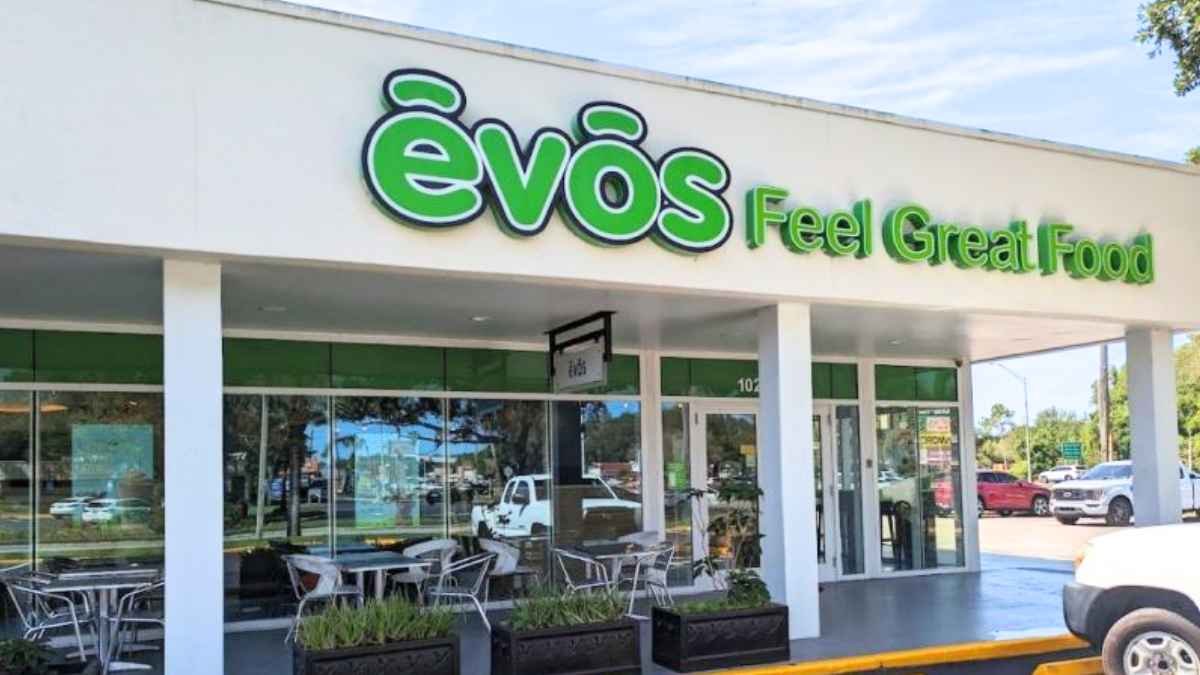Fans left wondering what’s next, as employees transition and communities lose a health-focused fast-food option.
The beloved EVOS chain, renowned for its air-baked burgers and eco-friendly approach, has announced the closure of its last three Florida branches after delighting customers for more than three decades. Company co-founder Michael Jeffers confirmed the news on April 4, explaining that while the journey has been deeply fulfilling, it was time to move on. Although no specific reasons were shared, employees are expected to receive support to ease their career transitions.
How the sudden EVOS closure reflects significant socio-labor shifts for fast-food employees in the United States
EVOS built its reputation by offering healthier alternatives—like baked fries and organic milkshakes—differentiating itself in a highly competitive fast-food landscape. Yet, the market has evolved dramatically, and even big brands have felt pressure from rising costs and shifting consumer trends. With EVOS’s departure, dozens of local workers must now navigate an uncertain job market, highlighting the broader challenges that food service employees are facing nationwide.
Unfortunately, the chain has fully withdrawn from Florida, so fans eager for their healthy hamburgers will have to look for other options. This highlights a critical question: Can smaller ventures survive against giant franchises during periods of economic fluctuation? For EVOS, the decision to shut its doors appears final, marking an end to an era of guilt-free fast-food fare. Before we dig deeper, here’s a quick look at key milestones that shaped EVOS’s legacy:
| Year | Key Milestone |
|---|---|
| 1994 | First EVOS location opens in Tampa, Florida |
| 2008 | Ambitious expansion plans announced for other states |
| 2024 | Last recorded social media post and final closures |
Above is just a glimpse of how EVOS evolved over time—before concluding operations entirely.
EVOS’s approach to healthier fast food and its economic impact on local communities in Florida
Unlike traditional fast-food giants, EVOS strove to strike a balance between flavor, nutrition, and sustainability. Its menu featured lower-fat burgers, milkshakes with organic ingredients, and air-baked items instead of deep-fried. As a result, health-conscious Floridians flocked to the three remaining branches, eager to enjoy a more nutritious take on all-American meals.
Now that these locations have shut down, local economies lose a family-oriented dining option, and regional suppliers miss out on an eco-conscious partner. Below is a short list reflecting the unique aspects that made EVOS stand out:
- Reduced Fat Content: Up to 70% less fat compared to traditional fast-food fare.
- Sustainability Focus: Packaging made from recycled materials and soy-based inks.
- Community Engagement: Partnerships with local schools to offer healthier lunch options.
Customers and staff alike expressed fond memories of EVOS’s friendly, laid-back atmosphere—a place that promised satisfying meals without the usual guilt.
Advice for job seekers, loyal customers and future entrepreneurs in the US restaurant industry
The EVOS story underscores the need for adaptability in a market defined by rapid change. Rising ingredient costs, shifting consumer expectations, and intense competition have proven challenging even for niche chains. For job seekers, this closure highlights the importance of transferable skills. For entrepreneurs, it serves as a reminder that innovative concepts can succeed for years, yet long-term survival requires constant evolution.
While EVOS’s closure leaves a gap for devotees of its healthier fast-food approach, it also creates space for emerging brands willing to adopt similar principles. Ultimately, the chain’s exit speaks to evolving consumer habits, ongoing economic pressures, and the unpredictable nature of the dining sector.

